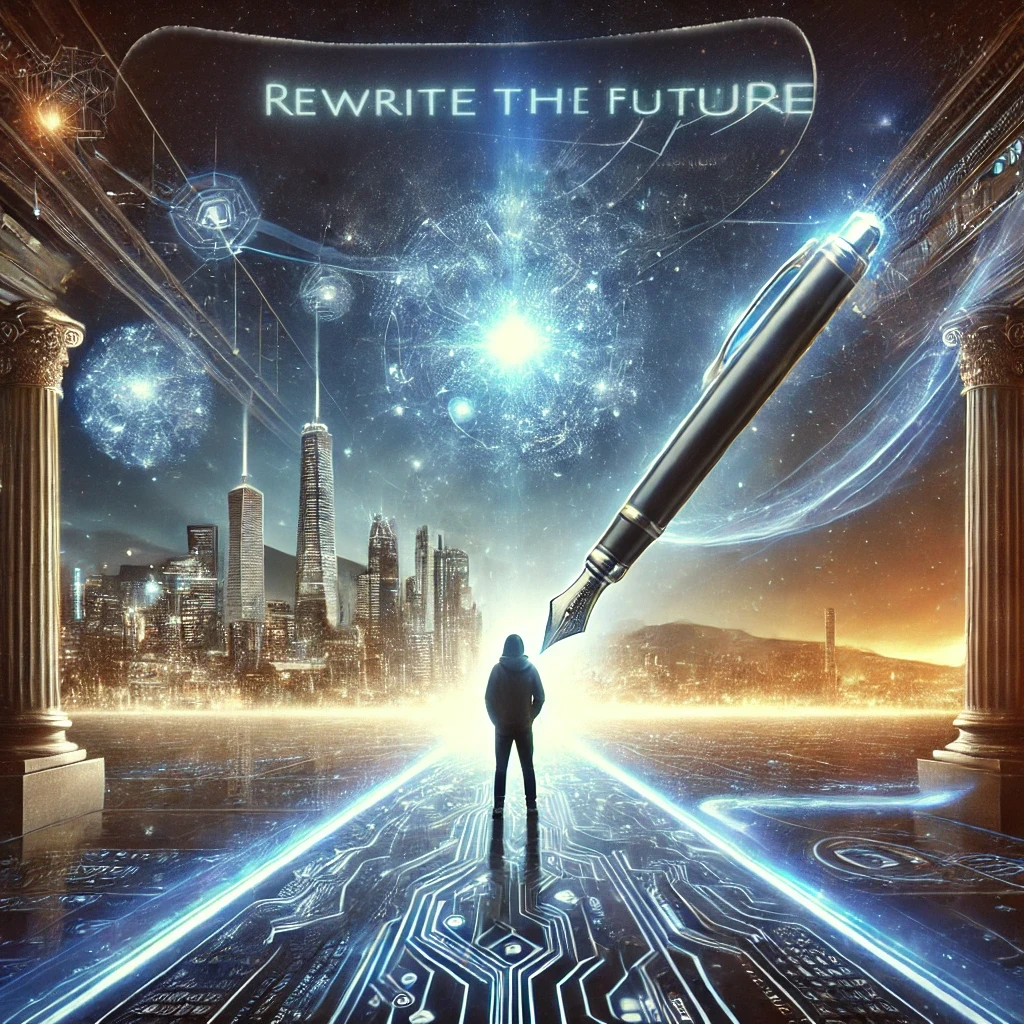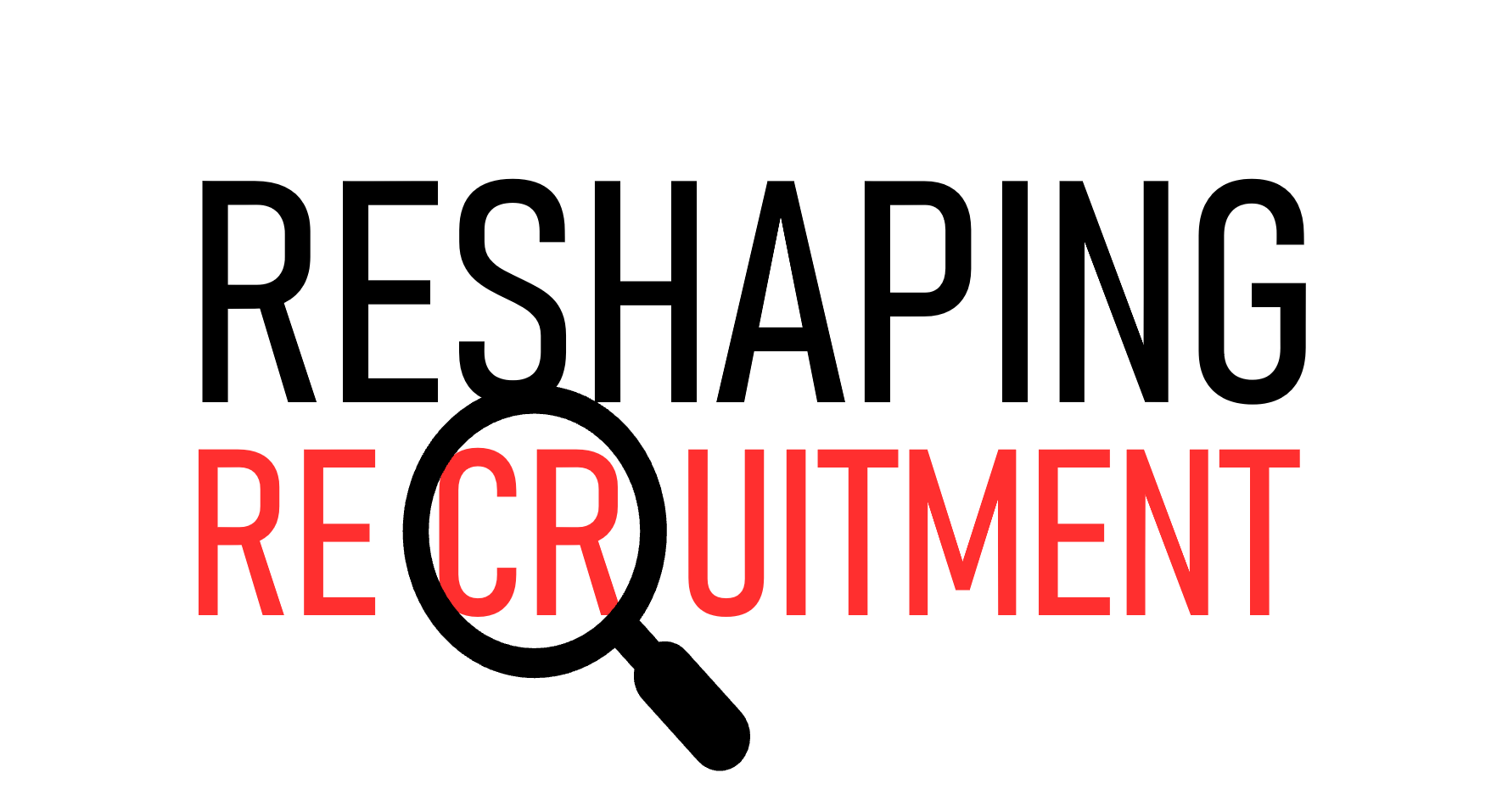
AI Speaks Singlish And Rewrites Our Future
AI Speaks Singlish And Rewrites Our Future
I've spent two decades watching technology reshape industries, but what's happening in Singapore's eldercare sector right now might be the most profound shift I've yet encountered. And trust me, it has implications far beyond caring for seniors.
A new AI voice assistant developed by US-based Seasalt.ai for the Lions Befrienders Service Association is automating check-in calls with elderly residents. But here's what makes this remarkable: the system speaks Singlish – Singapore's distinctive English dialect with its unique accent, colloquialisms, and sentence structures. It's not just communicating information; it's connecting culturally.
This seemingly simple application is saving caregivers nearly three hours of daily calls.
Three hours. Every. Single. Day.
As someone who has built my career around creating what I call the "Hybrid AI Workforce," this development strikes me as a perfect embodiment of my philosophy: technology that appreciates the human element while enhancing efficiency through automation.
The Human-AI Partnership We've Been Waiting For
What makes this implementation so compelling isn't just the technology itself. It's the balance struck between automation and human connection. The AI isn't replacing caregivers – it's amplifying their capabilities, allowing them to focus their limited time on residents who need additional care and personal attention.
I see parallels to what I've been advocating in recruitment and sales processes. AI is a tool – sophisticated, yes, but still a tool. Its value lies not in its existence but in how we deploy it. The elderly residents aren't interacting with "technology" – they're having conversations with a voice that understands their linguistic and cultural nuances.
This is the future I've been predicting, where technology doesn't replace human connection but instead enables more meaningful human interactions by handling routine communication tasks.
Beyond Eldercare: The Wider Implications
The breakthrough in Singapore came through a partnership facilitated by the Infocomm Media Development Authority's Open Innovation Platform. This collaborative approach mirrors what I've found most effective when helping organizations integrate AI into their workflows: bringing together domain experts with technology providers to solve specific, high-impact problems.
But I believe the implications extend far beyond eldercare. Every industry that requires routine communication while maintaining a human touch will be transformed by this approach.
Healthcare follow-ups. Customer service. Recruitment. Sales outreach. Support services.
The pattern is clear: identify high-volume, repetitive communication tasks that still require personalization; build AI that can handle those interactions with cultural sensitivity; and redeploy your human talent to higher-value activities that truly require human judgment and empathy.
I've seen firsthand how companies struggle with the transition to AI-augmented workforces. Many make the mistake of implementing technology without redesigning their processes and workflows. The Seasalt.ai implementation succeeds because it's not just about the AI – it's about how the entire care delivery model has been reconceptualized around the technology.
Where We're Headed Next
Based on my experience implementing AI across multiple industries, I predict we'll see several developments emerge from this inflection point:
First, voice AI will rapidly expand beyond simple check-ins to handle increasingly complex interactions, including preliminary health assessments and emotional support conversations – but always with human oversight.
Second, we'll see cross-pollination between industries as successful implementations in one sector (like eldercare) inspire applications in others (like education or mental health support).
Third, the organizations that succeed won't be those with the most advanced technology but those that most effectively redesign their human workflows around AI capabilities.
Finally, we'll witness a growing emphasis on cultural adaptation in AI development. The Singlish-speaking assistant demonstrates that effective AI isn't just about functionality – it's about connection. Future systems will increasingly incorporate cultural nuance, dialect variation, and regional references.
This isn't distant speculation. I believe we're 12-18 months away from seeing widespread adoption of similar systems across multiple sectors. The technology exists today. The limiting factors are organizational readiness and implementation expertise.
Making the Transition
For leaders considering how to integrate similar technology into their own operations, I recommend starting where the Singapore implementation did: identify routine communications that consume significant staff time but still require a personal touch.
Don't think about "implementing AI." Think about redesigning your service delivery model with AI as one component. The technology is just an enabler – the real transformation happens in how you restructure human roles around it.
And perhaps most importantly, focus on cultural appropriateness. The Singlish-speaking assistant works because it meets elderly residents where they are linguistically and culturally. Your implementation needs to do the same for your audience.
The future isn't about AI replacing humans. It's about creating hybrid workforces where technology handles routine communication at scale while enabling humans to focus on what they do best: building relationships, exercising judgment, and providing empathy where it's most needed.
That's not just a prediction. After two decades in this field, it's what I see unfolding before my eyes right now.

